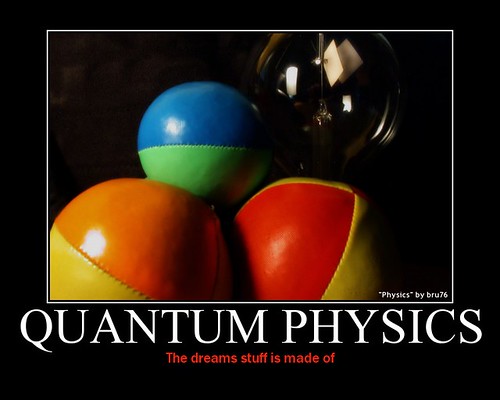 Dirty Sexy Politics is Meghan McCain's memoir of her father's campaign for the presidency in 2008. As a new college graduate from Columbia (Art History), Meghan joined her father's campaign before the Iowa caucuses (i.e. at the beginning). Her drive to contribute more than just being the daughter-of, who, in her words, could be replaced by a cardboard cutout, led to conflict with the professional politicians and herself. More than anything else, this is personal remembrance. If, because of the title or something else, you're looking for gossip or sex, forget it! Meghan, a "passionate Christian," took a vow of celibacy for the campaign and the totality of drugs comprised a single Xanax tablet.
Dirty Sexy Politics is Meghan McCain's memoir of her father's campaign for the presidency in 2008. As a new college graduate from Columbia (Art History), Meghan joined her father's campaign before the Iowa caucuses (i.e. at the beginning). Her drive to contribute more than just being the daughter-of, who, in her words, could be replaced by a cardboard cutout, led to conflict with the professional politicians and herself. More than anything else, this is personal remembrance. If, because of the title or something else, you're looking for gossip or sex, forget it! Meghan, a "passionate Christian," took a vow of celibacy for the campaign and the totality of drugs comprised a single Xanax tablet.This is a wonderfully human story of a young women's foray into today's world of national politics. Like many young people, and some older folks, she is pretty disgusted at the state of discourse in general, and the Republican party specifically. While she is Pro-Life, she thinks it is foolish to or worse to be Pro-Life without being Pro-Contraception. From beginning to end, she repeats her view that "the [Republican] party needs to wake up to gay marriage being a civil rights issue." Seeming to follow the dictate - if you can't say something nice, don't say anything all - her mentions of the Palins are few, understated, and discreet. This is not a tell-all, kiss-and-tell book.
McCain's personal concerns about bus seats, clothes, and proper behavior showcase a young lady searching for a role in a tough world of old men. She is constantly torn between her desire to be an individual (in style and beliefs) and the demands of public life in today's media world. This book mostly tells-all about Meghan McCain and how she grew up on the campaign journey - about her too candid magazine interview, her misplaced expectation for a visit to the Bush White House, and her failed efforts to be everybody's best friend, especially the Palins.
You don't have to be young or female or Republican to enjoy this book.





